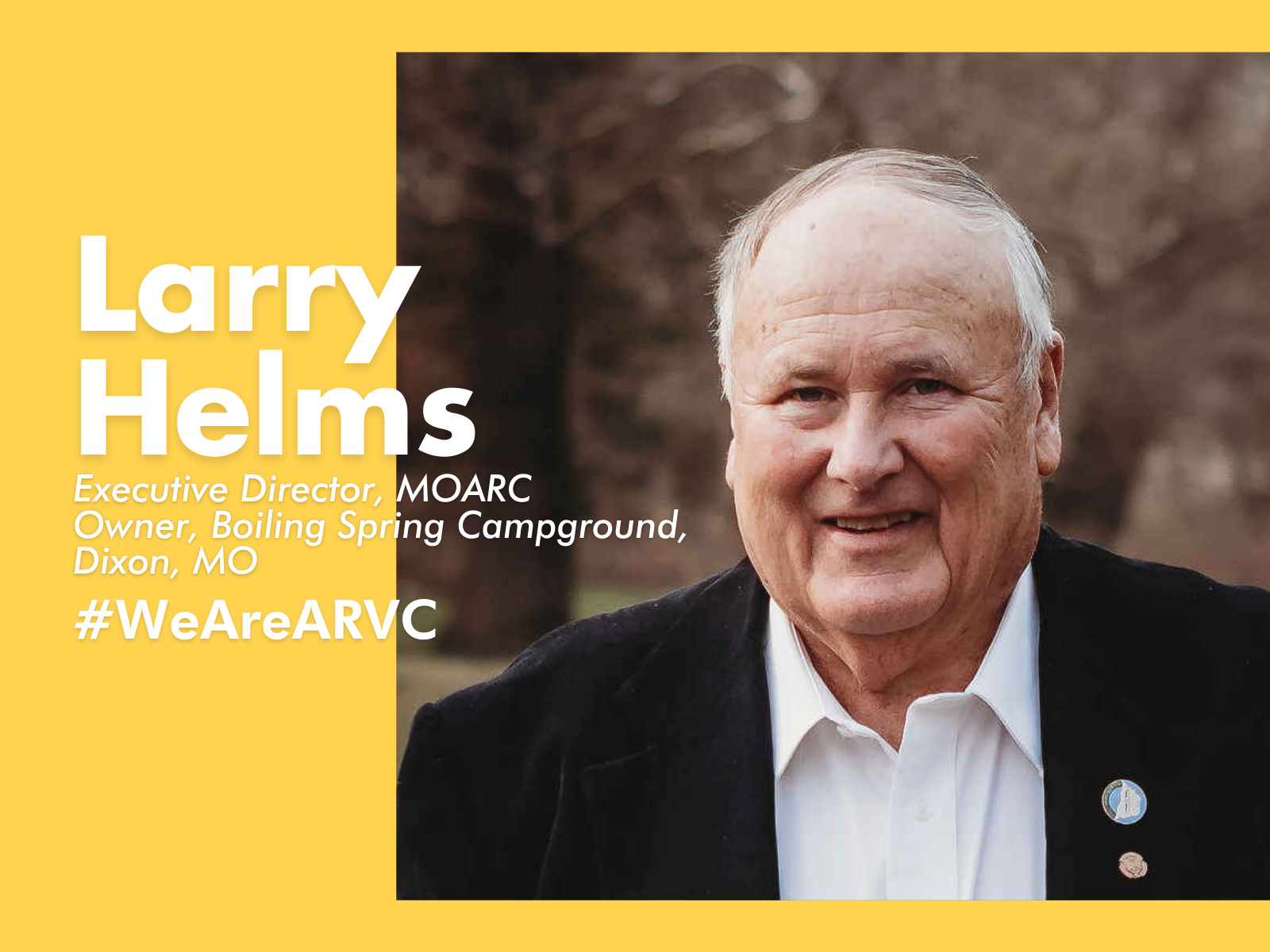Starting with its next iteration in 2020, the NFPA 70 (National Electric Code) standard will require all newly-manufactured RVs to come equipped with a reverse polarity detector, but in the meantime, issues involving reverse polarity continue to challenge RV park owners and operators.
What is reverse polarity?Simply put, it’s when the hot wire and neutral wire have been swapped. This can be caused by improper wiring of a pedestal, or if an RV with reverse polarity plugs into a pedestal—the latter of which could cause reverse polarity on all linked pedestals—and the result could be dangerous.
Starting with its next iteration in 2020, the NFPA 70 (National Electric Code) standard will require all newly-manufactured RVs to come equipped with a reverse polarity detector, but in the meantime, issues involving reverse polarity continue to challenge RV park owners and operators.
What is reverse polarity?
Simply put, it’s when the hot wire and neutral wire have been swapped. This can be caused by improper wiring of a pedestal, or if an RV with reverse polarity plugs into a pedestal—the latter of which could cause reverse polarity on all linked pedestals—and the result could be dangerous.
In a position paper requesting the standard, the RV Industry Association (RVIA) said “In a situation of reverse polarity, power is “fed” to the neutral conductor and a short in the wiring could energize the exterior skin or other metal parts, creating a shock hazard that could cause severe burns or possibly death.”
Because of this potential safety hazard, most RV manufacturers are not waiting until 2020, however, and have already started installing reverse polarity detectors in current new models.
How do I check for reverse polarity at my park?
It’s best to check for reverse polarity at the beginning of the season before campers start arriving, so you start with a clean slate.
“If you check for it at the beginning of the season, it just helps isolate the issue quicker if it does present itself,” says Wade Elliott, president of Utility Supply Group. “If you’ve identified that the park’s wiring isn’t the problem, you’ve isolated the issue to a visiting RV.”
Reverse polarity easily can be detected using an inexpensive tool—there are models specific to 30 amp and 50 amp services. If detected, it’s best to call a certified electrician or maintenance man to fix the issue.
For products and information to help with reverse polarity or other electrical issues at your RV park or campground, contact Utility Supply Group at www.go-usg.com.






Leave A Comment